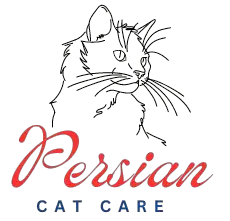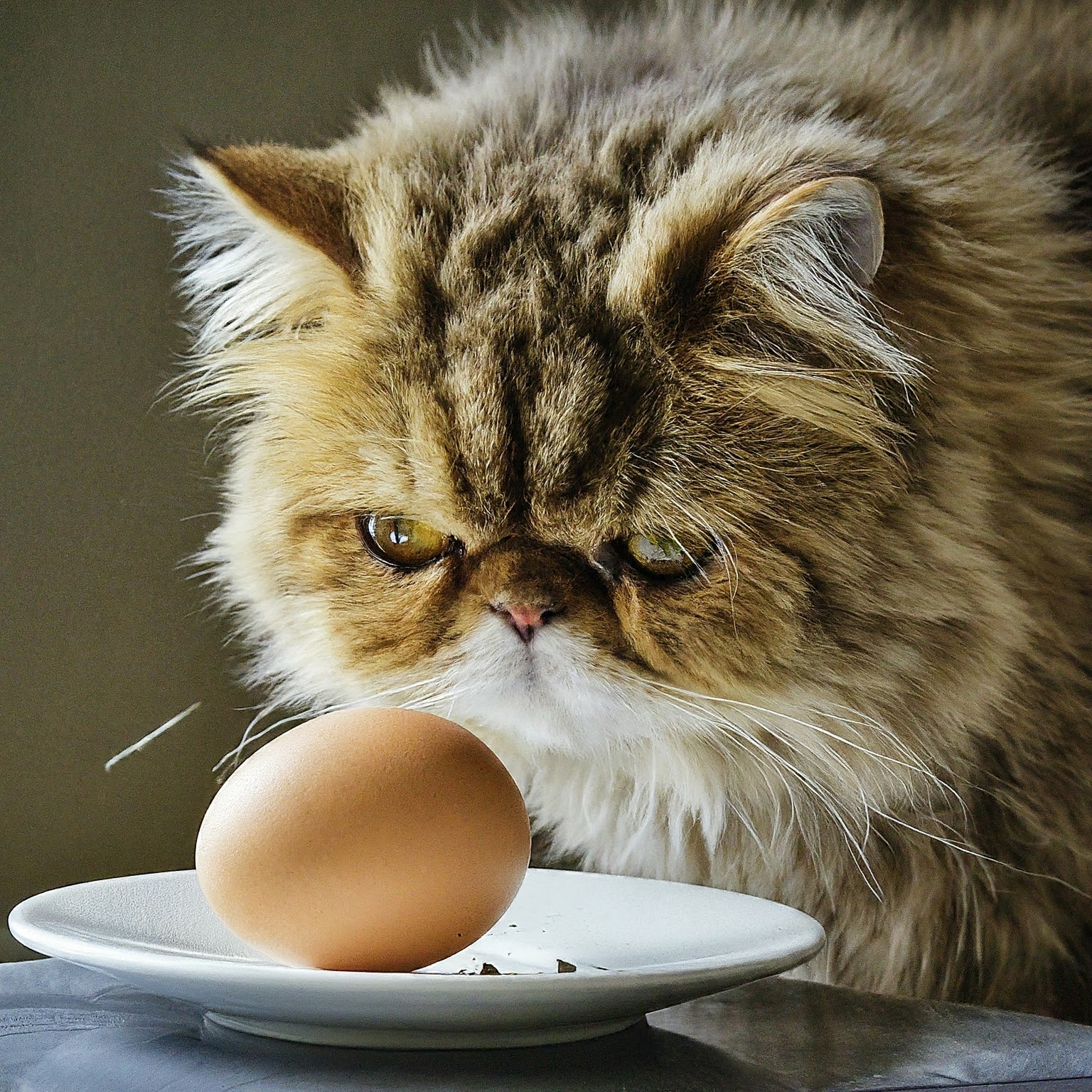So, you might be wondering, can cats eat eggs? Well, the answer might surprise you! Cats can indeed enjoy eggs as part of their diet, and they might even find them quite tasty. But hold on, before you start cracking eggs for your furry friend, there are a few things to consider.
While eggs can be a nutritious treat for cats, it’s essential to feed them in moderation. Too many eggs can lead to an unbalanced diet and potential health issues for your cat. Additionally, it’s crucial to ensure that the eggs are cooked thoroughly before offering them to your feline companion.
Raw eggs can carry the risk of bacterial contamination, which can make your cat sick. By cooking the eggs completely, you can eliminate this risk and provide a safe and delicious treat for your cat.
So, go ahead and treat your kitty to a scrambled or boiled egg every now and then, but remember to keep it moderate and always prioritize their health and well-being. And if you have a Persian cat, they might just appreciate the luxurious taste of eggs even more!
In this article, we’ll delve into the question: Can cats eat eggs? We’ll explore the nutritional benefits of eggs for cats, the risks associated with feeding them, and provide guidance on how to incorporate eggs into your cat’s diet.
Are Eggs Good for Cats?
Eggs are good for people because they have lots of protein, vitamins, and minerals that our bodies need. But a new question arises: Are eggs good for cats? Yes, just like for people, eggs can be healthy for cats. But it’s important to give them eggs in moderation to keep them healthy. And if you have a Persian cat, they might enjoy eggs as a special treat because of their fancy taste buds.
Can Cats Eat Cooked Eggs?
When it comes to feeding eggs to your cat, it’s essential to ensure they are cooked completely. Raw eggs can pose a risk of bacterial contamination, such as salmonella, which can make your cat sick. Cooking eggs eliminates this risk, making them safer for your cat to consume. You can scramble, boil, or poach the eggs before offering them to your cat as a treat.
Are Raw Eggs Good for Cats?

Raw eggs contain essential nutrients like protein and vitamins, which can be beneficial for your cat’s health. However, there are also concerns about the risk of salmonella and other bacterial infections that can be present in raw eggs. To ensure the safety of your cat, it’s recommended to consult with your veterinarian before introducing raw eggs into their diet. Your vet can provide personalized advice based on your cat’s individual health needs and dietary requirements. If you do choose to feed raw eggs to your cat, it’s essential to handle and store them properly to minimize the risk of contamination
You can also read https://persiancatcare.com/can-persian-cats-eat-bananas/
Can Kittens Eat Eggs?
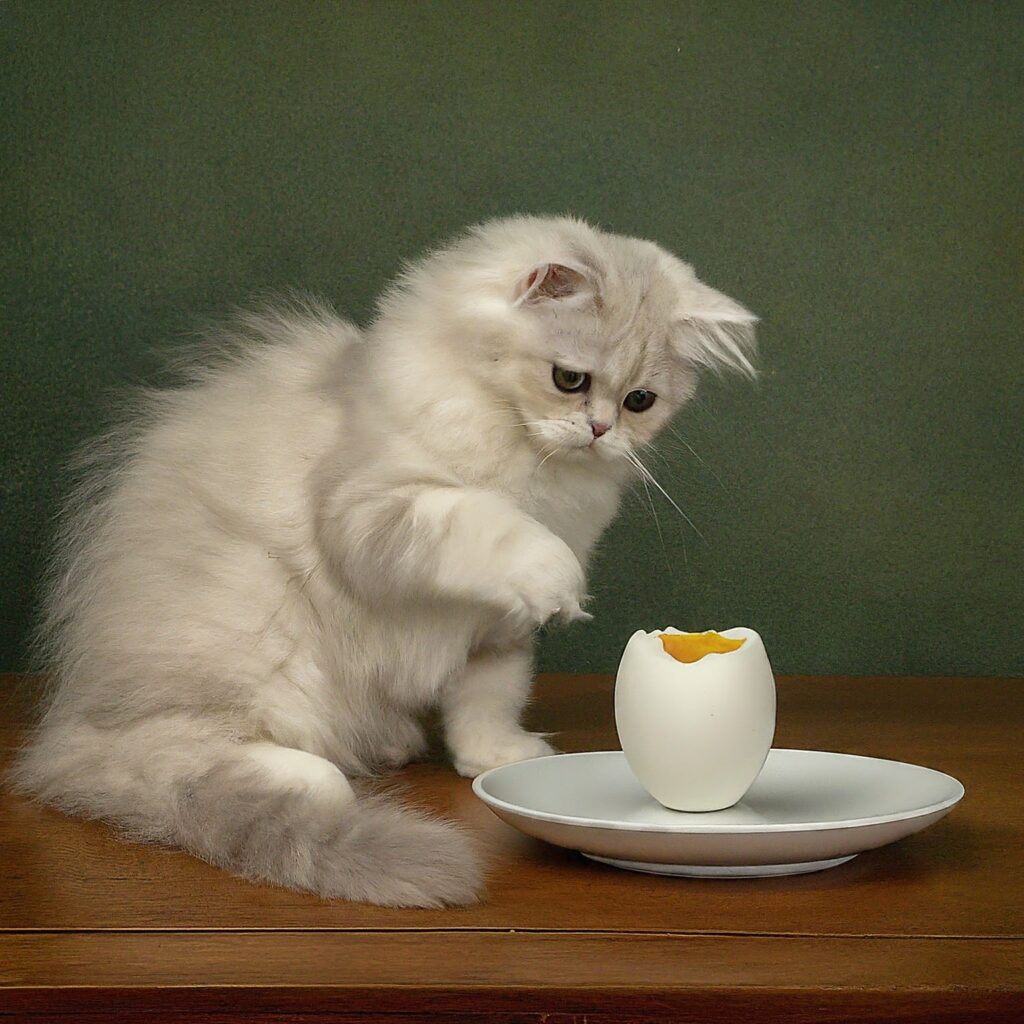
Kittens have different dietary needs than adult cats, and their digestive systems may be more sensitive. While eggs can be a nutritious source of protein for kittens, it’s essential to introduce them gradually and monitor for any adverse reactions. Start with small amounts of cooked egg and observe how your kitten responds before incorporating eggs into their regular diet.
How Much Egg Can a Cat Eat?
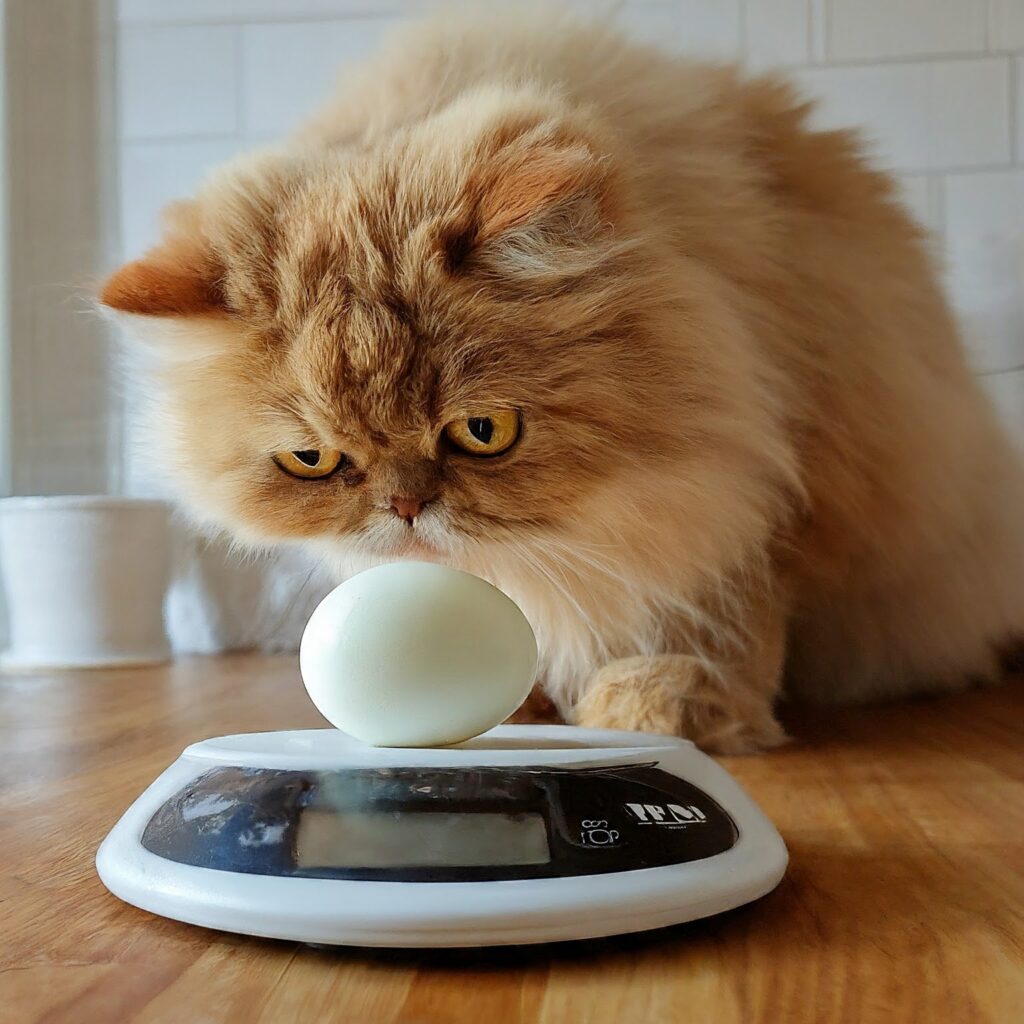
While eggs can be a healthy addition to your cat’s diet, it’s crucial to feed them in moderation. Too much egg consumption can lead to an imbalance in your cat’s diet and potential health issues. As a general guideline, limit egg treats to a few times per week and monitor your cat’s overall intake of protein and calories from other sources.
| Benefits | Risks |
|---|---|
| 1. Eggs have good protein. | 1. Raw eggs can make cats sick. |
| 2. They have vitamins and minerals. | 2. A part of raw eggs can stop cats from getting some vitamins. |
| 3. Fats in eggs are good for skin and fur. | 3. Some cats may get sick from eggs. |
| 4. Cats like the taste of eggs. | 4. Too much eggs can make cats too heavy. |
Benefits and Risks of Feeding Eggs to Cats
What’s the Best Way to Give Your Cat Eggs?
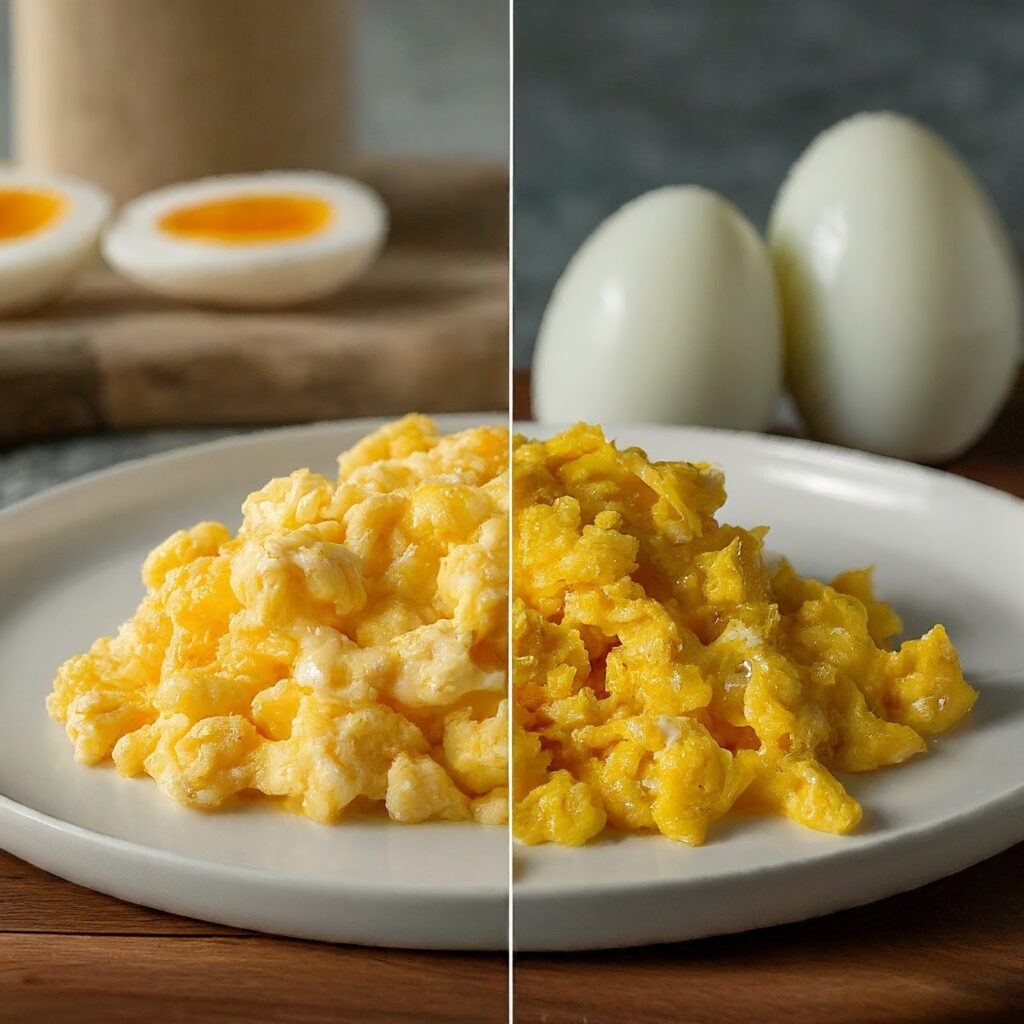
So, you’re thinking about giving your cat eggs, huh? Well, let me break it down for you. When it comes to serving eggs to your furry friend, the best way to go about it is by keeping things simple. Start by cooking the eggs thoroughly to eliminate any risk of harmful bacteria.
Scrambled eggs or boiled eggs are both great options that your cat might enjoy. Just remember to skip the seasoning – no salt or spices needed here. And hey, keep an eye on your cat’s reaction after they’ve had their first taste of eggs.
If they seem to love it and don’t show any signs of discomfort, you can consider making eggs a part of their occasional treat menu. It’s all about finding what works best for your cat while ensuring their safety and enjoyment.
Frequently Asked Questions:
Can I give my cat egg yolk?
Yes, you can give your cat egg yolk, but it’s best to do so in moderation. Egg yolk contains many nutrients that can be good for your cat, but giving too much may not be healthy.
Do cats eat eggs in the wild?
In the wild, cats may eat eggs if they find them, but it’s not their main food. Cats are hunters, and they usually eat small animals like mice and birds.
Can I feed my cat eggs everyday?
Feeding your cat eggs every day may not be a good idea. While eggs can be nutritious, too much of them can lead to imbalanced diet and weight gain in cats. It’s best to offer eggs as an occasional treat rather than a daily meal.
Conclusion:
In conclusion, while eggs can be a nutritious addition to your cat’s diet, it’s essential to exercise caution and moderation. Eggs provide valuable protein, vitamins, and minerals that can benefit your cat’s health, but feeding them every day may lead to an imbalanced diet or weight gain.
It’s crucial to consider the potential risks associated with feeding eggs to cats, such as bacterial contamination from raw eggs or adverse reactions due to allergies. Cooking eggs thoroughly before offering them to your cat can help mitigate these risks and ensure their safety.
Additionally, monitoring your cat’s response to eggs and limiting their intake to a few times per week can help prevent any potential health issues. Ultimately, while eggs can be a tasty and nutritious treat for your feline friend, it’s essential to provide them in moderation and with careful consideration for your cat’s individual dietary needs and health requirements.
By doing so, you can incorporate eggs into your cat’s diet safely and responsibly, enhancing their overall well-being.
